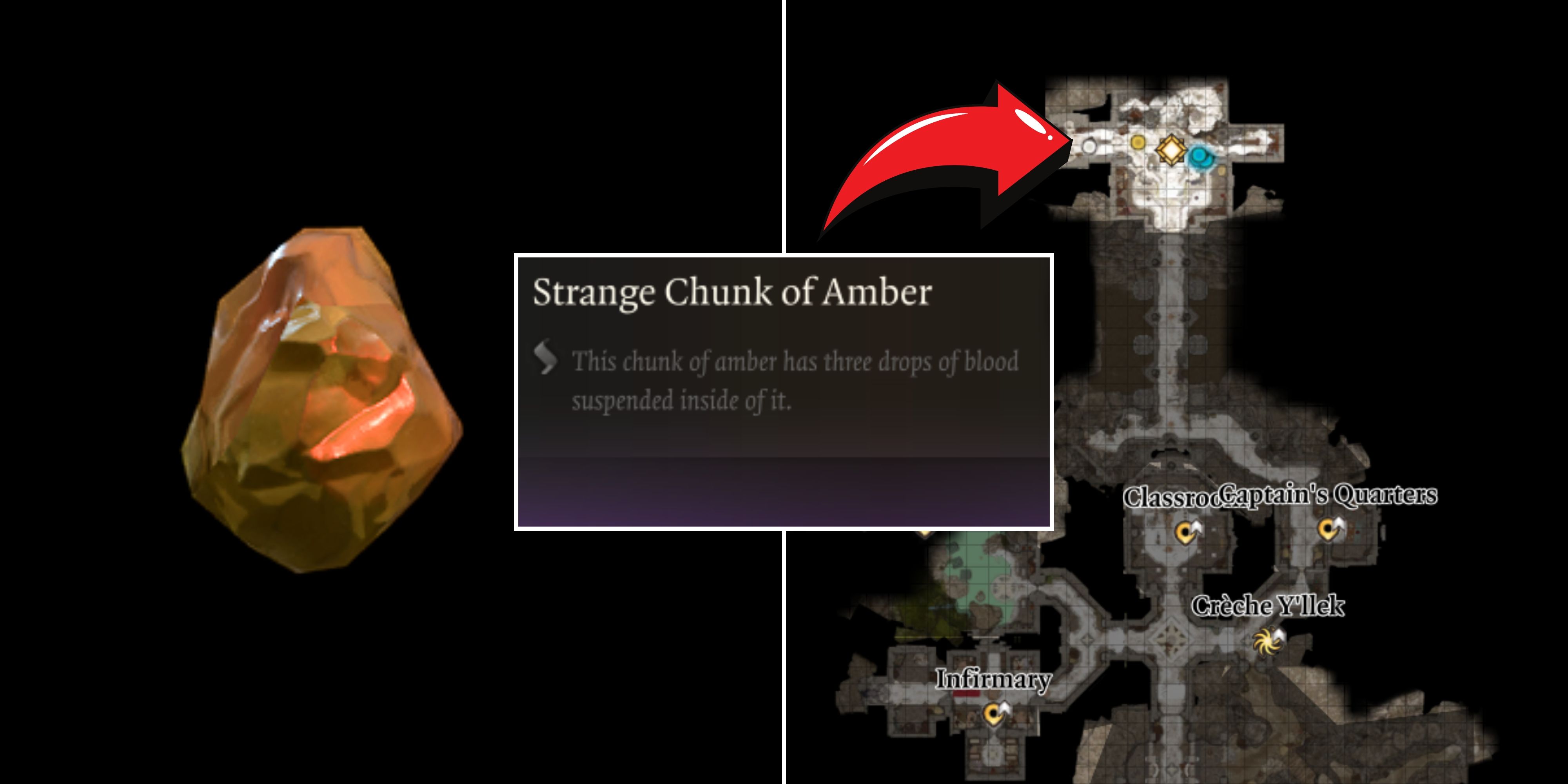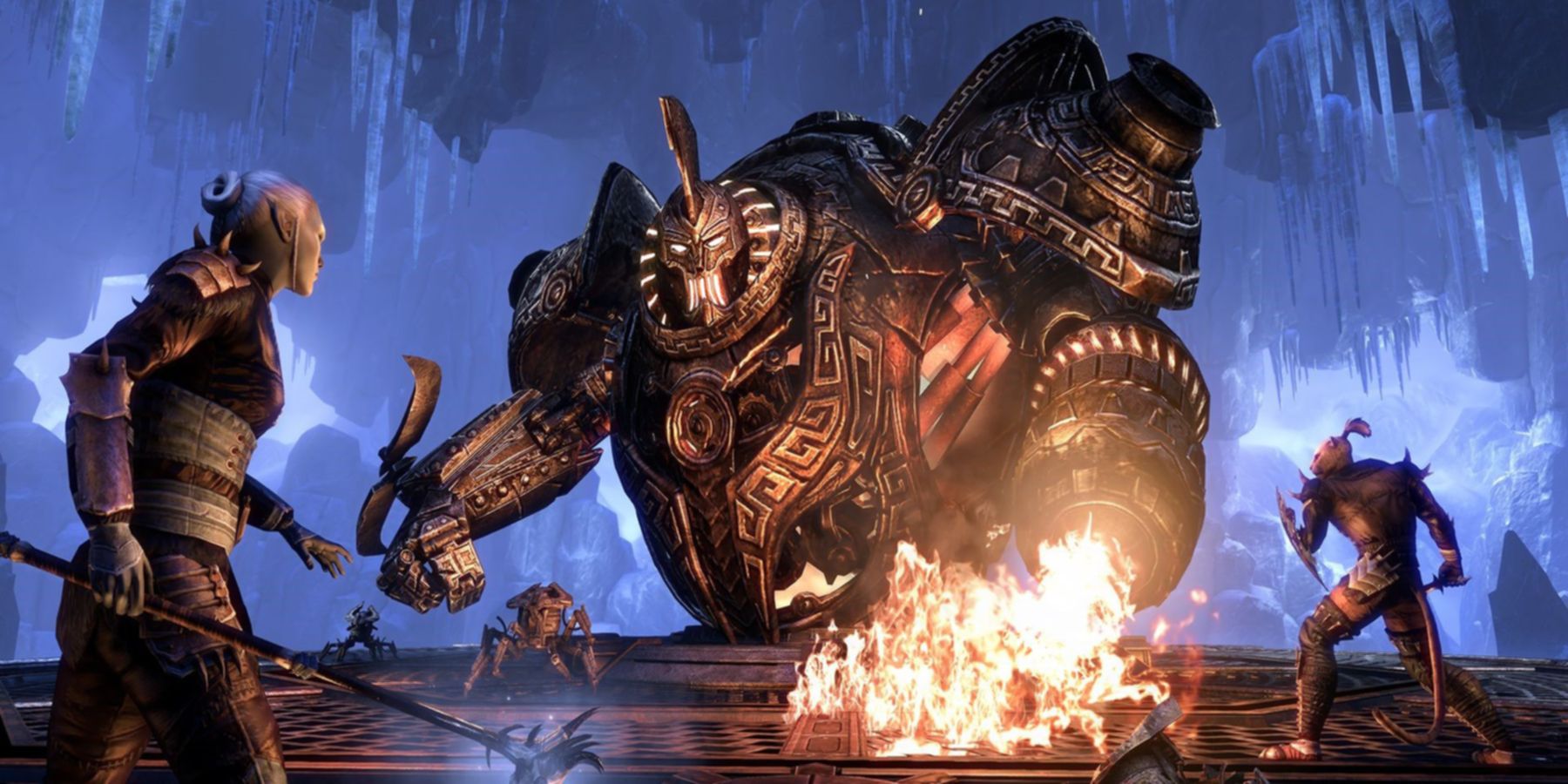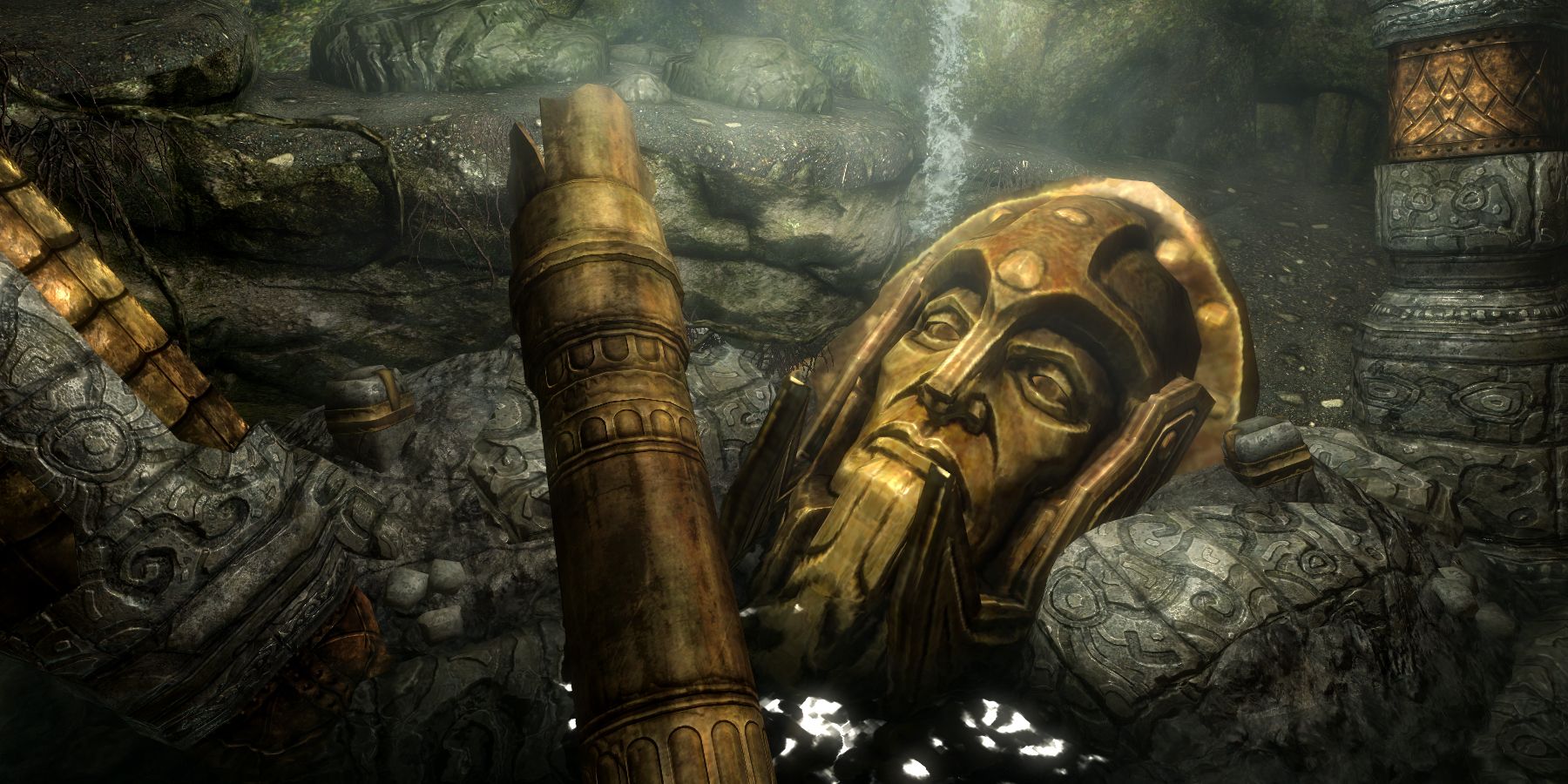The Elder Scrolls is known for hiding mysteries and lore around every corner, giving players something to think about in anticipation of new games. Few races in the franchise have as many mysteries attached to them as the ancient Dwemer, who have raised eyebrows for everything up to their metal-working practices.
The Elder Scrolls' Dwemer were incredibly advanced for their time, outclassing every other race in terms of technology. Their technology was so impressive that much of it is still functional thousands of years later. This is likely thanks to Dwemer metal, whose process of creation remains a mystery, even with clues left around to infer how it was once made.
Dwemer Metal and Tonal Architecture in The Elder Scrolls
Dwemer ingenuity stems from their unique worldview and abilities. While the Dwemer understood that the gods existed in this fantasy world, they did not worship them; instead believing they could become god-like entities themselves through hard work. For that reason, the Elder Scrolls' Dwemer have a long history of spiting the gods through their accomplishments, as was the case when they sought to create their own god through the Numidium. This machine was capable of "un-creating" things, as if it lived specifically as an antithesis to the gods' creations.
All of this was possible through the use of the Dwemer's unique Tonal Architecture, an understood the universe's make-up is akin to a song that could be altered by adding or removing sounds. This would explain how the Numidium was able to "un-create" things, as it likely employed the same abilities as the Dwemer. Dwemer metal is probably also special because its creation process involved the use of Tonal Architecture. To get a good perspective of how useful the metal is, the only things stronger than it are orichalcum and ebony, both of which come directly from gods.
However, Dwemer metal has a more unique ability to not rust, making it seemingly impervious to the effects of time. This is likely due to the way that the Dwemer want to deny The Elder Scrolls' Divines at every opportunity. Time on Nirn only exists because it is a construct of Akatosh, the Dragon God of Time, so Dwemer metal survives in spite of time because it likely lives outside the very construct.
This perfectly encapsulates what the Dwemer strived for, as the limitations of reality and worshiping gods were not enough to satisfy their existence. To the Dwemer, the gods were not worthy of worship and were more like obstacles to overcome, with many Dwemer people hoping to achieve a form of godhood that no places constraints on their existence. Similar to the Thalmor, they saw Nirn as a prison to escape out of in order to achieve their original forms, or possibly something even greater. Dwemer metal's inability to age is, in the Dwemer race's eyes, a way to spit in the face of the gods and show that they can become greater.
Though the fate of the Dwemer is still unexplained, they would probably be happy to see that their memory and ruins live on. After all, they were living proof that through enough effort, they could exist in spite of the gods. So the next time a player picks up a piece of Dwemer armor or weapon in an Elder Scrolls game, they should remember how much weight those objects carry thanks to the unique material they're constructed out of.





